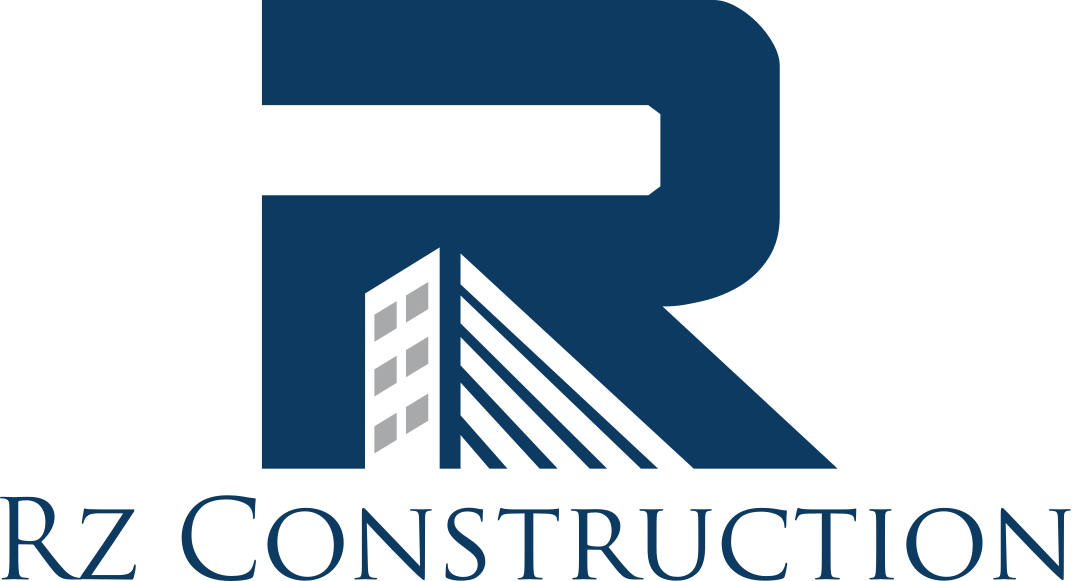Embarking on a new construction project is an exciting venture, whether you’re building your dream home, a commercial facility, or a residential complex. However, it’s also a path fraught with financial pitfalls if you’re not adequately prepared. Beyond the obvious expenses like land acquisition, materials, and labor, there are numerous hidden costs that can surprise even the most experienced developer. This article will guide you through these unexpected expenses, ensuring your project stays on budget and on track.
Comprehensive Planning: The First Line of Defense Against Hidden Costs
Before diving into the specifics of hidden costs, it’s crucial to emphasize the importance of comprehensive planning. A detailed project plan, including a robust budget, contingency reserves, and a clear scope, is your best defense against unforeseen expenses. Investing time and resources in meticulous planning can save you significant money and stress in the long run.
Permitting and Zoning Fees: Navigating Bureaucratic Waters
One of the first hidden costs you might encounter involves permitting and zoning fees. Depending on your project’s location and scope, these can vary widely. Local governments often require permits for construction, electrical work, plumbing, and more, each carrying its own fee. Zoning laws may also necessitate special permits or waivers, which can add to your costs. Thoroughly research local regulations and factor these expenses into your budget early on.
Utility Connections: The Cost of Convenience
Utility connections are another area where costs can quickly escalate. If your project is not near existing water, gas, or electrical services, you may face substantial fees to extend these utilities to your site. Additionally, even if utilities are nearby, connection fees and the cost of laying pipes or cables to your building can accumulate. Don’t overlook the potential for these expenses in your budget planning.
Site Preparation and Landscaping: Laying the Groundwork
Site preparation is another critical phase where hidden costs lurk. Clearing land, excavating for foundations, and dealing with unexpected geological features like rock outcrops or high water tables can significantly impact your budget. Similarly, landscaping and outdoor spaces can quickly exceed planned expenses, especially if you underestimate the need for retaining walls, grading, or soil stabilization.
Material Price Fluctuations: A Moving Target
The volatile nature of material costs is a well-known issue in the construction industry. Prices for lumber, steel, concrete, and other materials can fluctuate due to market demand, trade policies, and global events. To mitigate this risk, consider locking in prices with your suppliers or allocating a contingency fund to cover potential increases in material costs.
Labor Costs and Workforce Availability
Labor costs are another area prone to underestimation. Skilled labor shortages can lead to higher wages, and complex projects may require specialized workers who command premium rates. Additionally, delays due to weather, material shortages, or other factors can extend the timeline of your project, increasing labor costs. Building a buffer into your labor budget can help absorb these unexpected expenses.
Financing Fees: The Cost of Capital
Financing your construction project can introduce a host of hidden costs. Interest payments, origination fees, and closing costs can all eat into your budget. Carefully compare financing options to find the most favorable terms, and be sure to account for these expenses in your initial budget.
Change Orders: The Enemy of Budgets
Change orders are a common source of budget overruns in construction projects. Changes to the original plan—whether due to unforeseen circumstances, code requirements, or changes in scope—can significantly increase costs. To minimize the impact of change orders, ensure your project plan is as detailed and accurate as possible from the start and maintain a contingency fund for unexpected changes.
Preparation is Key The hidden costs of construction can be daunting, but with thorough preparation and diligent budgeting, they can be managed effectively. By anticipating these expenses and incorporating them into your initial budget, you can navigate the complexities of construction finance and bring your project to fruition without unwelcome financial surprises. Remember, the most successful construction projects are those that plan meticulously for both the seen and unseen challenges ahead.
